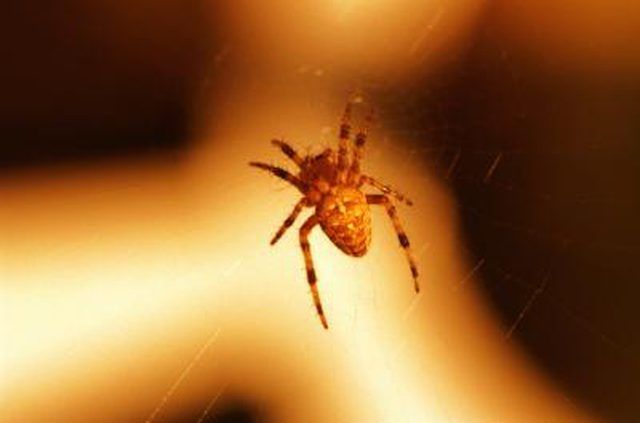Bulbs
Flower Basics
Flower Beds & Specialty Gardens
Flower Garden
Garden Furniture
Garden Gnomes
Garden Seeds
Garden Sheds
Garden Statues
Garden Tools & Supplies
Gardening Basics
Green & Organic
Groundcovers & Vines
Growing Annuals
Growing Basil
Growing Beans
Growing Berries
Growing Blueberries
Growing Cactus
Growing Corn
Growing Cotton
Growing Edibles
Growing Flowers
Growing Garlic
Growing Grapes
Growing Grass
Growing Herbs
Growing Jasmine
Growing Mint
Growing Mushrooms
Orchids
Growing Peanuts
Growing Perennials
Growing Plants
Growing Rosemary
Growing Roses
Growing Strawberries
Growing Sunflowers
Growing Thyme
Growing Tomatoes
Growing Tulips
Growing Vegetables
Herb Basics
Herb Garden
Indoor Growing
Landscaping Basics
Landscaping Patios
Landscaping Plants
Landscaping Shrubs
Landscaping Trees
Landscaping Walks & Pathways
Lawn Basics
Lawn Maintenance
Lawn Mowers
Lawn Ornaments
Lawn Planting
Lawn Tools
Outdoor Growing
Overall Landscape Planning
Pests, Weeds & Problems
Plant Basics
Rock Garden
Rose Garden
Shrubs
Soil
Specialty Gardens
Trees
Vegetable Garden
Yard Maintenance
Osage Oranges as a Spider Repellent
Osage Oranges as a Spider Repellent. Osage orange trees are related to mulberries. In the mid-19th century, farmers and ranchers planted them in tightly-packed rows as hedges and makeshift fences. The citrus-scented fruit is what some people believe keeps away spiders.

Osage orange trees are related to mulberries. In the mid-19th century, farmers and ranchers planted them in tightly-packed rows as hedges and makeshift fences. The citrus-scented fruit is what some people believe keeps away spiders.
Fruit
Osage oranges, also known as hedge apples, are softball-size fruits that ripen in early autumn and eventually fall to the ground. Hulls are tough, difficult to open and the fruit inside is not a significant source of nutrition for animals. However, the seeds are edible and favored by squirrels.
Legend
Many people place hedge apples along the perimeter of their homes or in basements and crawl spaces as an insect repellant. Folklore describes hedge apples as a preventative that keeps away spiders, cockroaches, crickets and other insects.
Scientific Evidence
Iowa State University conducted tests on hedge apples and discovered a chemical inside the fruit that repels cockroaches. However, the university cautioned that "whole fruit have not been proven to repel or control insects in homes."